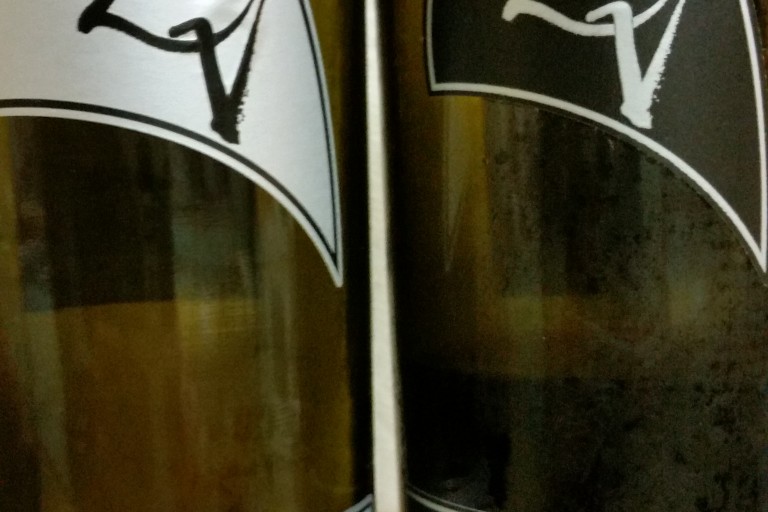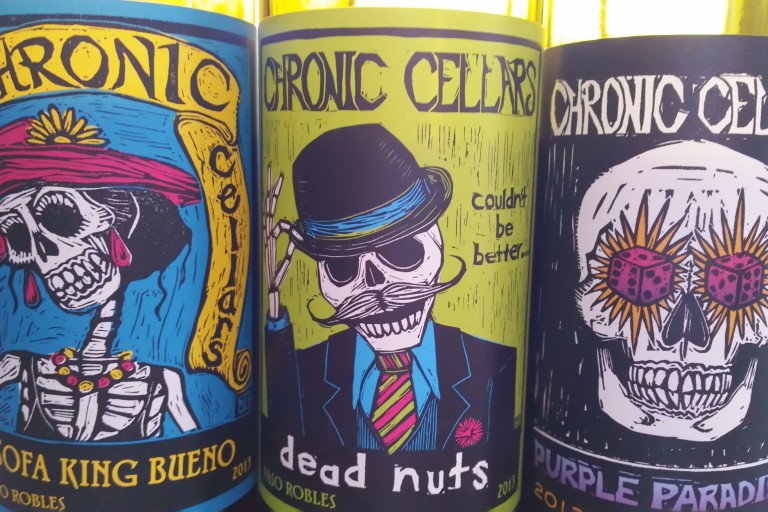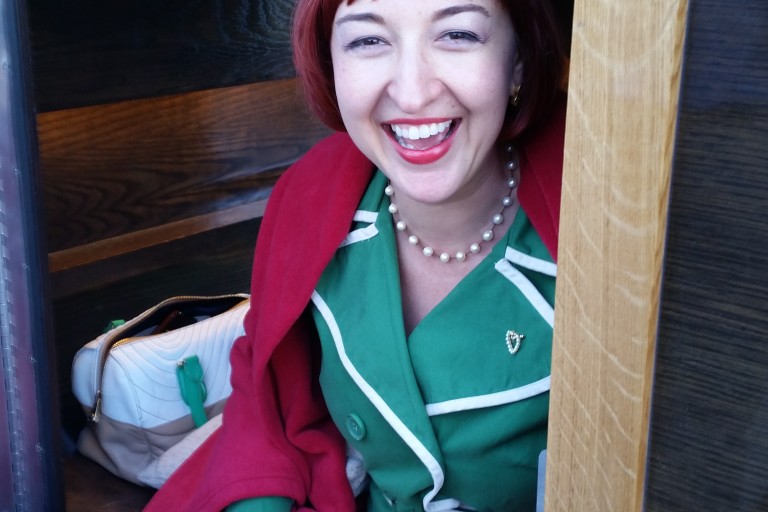Climate project and wine guru Pancho Campo suggested this week that we might want to go back to the olden days of wine commerce. In order to avoid the tremendous amount of emissions caused by transporting crates of heavy wine bottles, we might want to return to the time when wine was shipped in bulk from the producer, and bottled in the city where it would be sold. Of course Campo didn’t put it exactly like this when speaking at Vinoble, the biennial sweet wine fair in Jerez, Spain; he simply put out a general call to rethink the wine industry’s carbon footprint.
Remember that only a few decades ago wine was still being shipped from France and Portugal to England, where it was bottled by local merchants like Harveys in Bristol (Sherry) and Berry Bros & Rudd in London (Bordeaux, etc.) before being sold their customers. Shipping was handled this way for hundreds of years. So now, do we really need to ship bottles that can weigh up to two pounds each? Except for Champagnes and sparkling wines which are finished in the bottle, maybe not.
For centuries, wine merchants — such as Berry Brothers and Harveys — were the guarantors of authenticity for the wines they sold. The custom of estate bottling wines which gathered steam during the 20th century is supposed to be a guarantee of authenticity. It also became a mark of prestige when in the 1920s Baron Philippe de Rothschild first used it to set his Bordeaux wines apart from the rest – and soon everyone followed his lead.
With the current technology for temperature-controlled, non-reactive shipping containers, would we now be better off bottling our wines at least in the country they are shipped to, if not in each individual city? Lighter bottles, screwcaps, tetrapaks and bulk wine in restaurants: all these methods of conveying wines to consumer can now be put in play. It’s started already. Champagne producers are cutting their bottle weights by 7% this year. In the UK, Berry Bros & Rudd is (again) supplying their labeled “Own Selection Wines†while in the US a few restaurants on the east and west coasts are reported to have wine on tap. Now, it’s up to the rest of us to decide how to save the planet – while sipping the wines of our choice, of course.


